What is RoboOS 2.0?
RoboOS 2.0 is Zhipu’s open-source cross-embodiment collaborative framework for large and small brain integration, specially designed for embodied intelligence. The framework supports multi-robot collaboration and enables lightweight deployment based on the integrated MCP protocol and serverless architecture, lowering development barriers. It includes a cloud-based brain module responsible for high-level cognition and multi-agent coordination; a distributed cluster of small brain modules dedicated to specialized robot skill execution; and a real-time shared memory mechanism to enhance environmental situational awareness. RoboOS 2.0 offers standardized interfaces that eliminate hardware adaptation differences and employs a skill store for intelligent matching and one-click adaptation of robot skill modules, helping robots evolve from “single-agent intelligence” to “collective intelligence.”
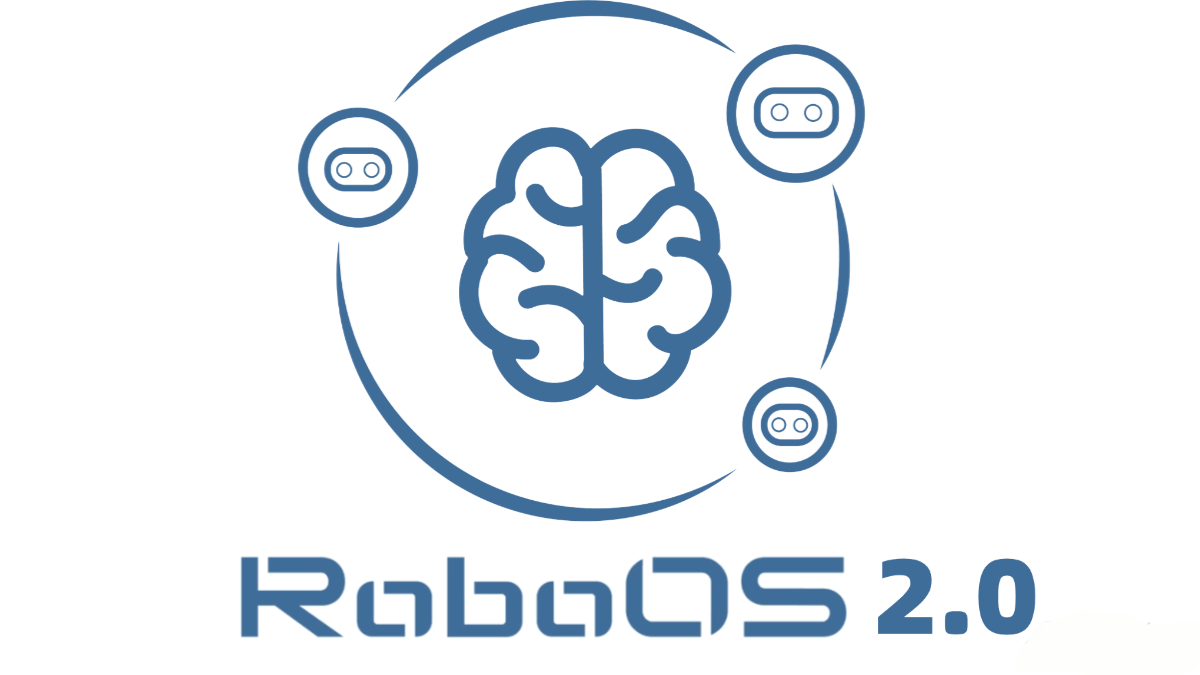
Key Features of RoboOS 2.0
-
Multi-Robot Collaboration: Supports dynamic task allocation and parallel execution for multi-agent tasks, suitable for complex scenarios, improving task efficiency.
-
Large and Small Brain Coordination: The brain module handles high-level cognition and multi-agent collaboration; small brain modules execute specialized robot skills, achieving efficient division of labor.
-
Lightweight Deployment: Integrates MCP protocol and serverless architecture to lower development thresholds, enabling rapid deployment and simplified workflows.
-
Standardized Interfaces: Provides standard interfaces that eliminate adaptation differences across vendors and hardware, supporting one-click adaptation for robot skill modules created by developers worldwide.
-
Real-Time Perception and Modeling: Introduces a multi-embodiment spatiotemporal memory scene graph sharing mechanism, supporting real-time perception and modeling in dynamic environments to enhance adaptability.
-
Task Monitoring and Feedback: Implements a multi-granularity task monitoring module for closed-loop feedback, improving task stability and success rate to ensure reliable completion.
Technical Principles of RoboOS 2.0
-
Hierarchical Task Decomposition: Complex tasks are broken down into subtasks and dynamically allocated via network topology to ensure efficient execution.
-
Edge-Cloud Collaboration:
-
Cloud-based brain performs optimized inference for high-level cognition and multi-agent coordination leveraging strong computational power.
-
Small brain modules support rapid deployment and skill registration with adapter-free mechanisms, significantly reducing development barriers.
-
-
Real-Time Shared Memory Mechanism: Dynamically updates environment status and task progress to ensure efficient multi-agent collaboration.
-
Multimodal Data Processing: Supports high-resolution images, multi-view videos, scene graphs, and other multimodal data to enhance perception and reasoning capabilities.
-
System-Level Optimization: End-to-end inference pipeline optimized system-wide, achieving a 30% overall performance boost, 27× improvement in edge-cloud communication efficiency, and average full-link latency below 3 milliseconds.
Project Links for RoboOS 2.0
-
arXiv technical paper: https://arxiv.org/pdf/2505.03673
Application Scenarios of RoboOS 2.0
-
Retail & Logistics: Multi-robot collaboration for cargo handling and shelf organization, with dynamic path planning and real-time obstacle avoidance to improve logistics efficiency.
-
Home Services: Robots assist with household chores such as cleaning and organizing, adapting to dynamic home environments through real-time perception.
-
Industrial Production: Multi-robot coordinated operations on production lines for component handling and assembly, enhancing production efficiency and quality.
-
Medical Care: Robots assist in hospitals by transporting medical supplies and helping patient mobility, reducing the burden on healthcare staff.
-
Public Facility Maintenance: Robots collaborate to perform cleaning and equipment inspection tasks in public areas, providing real-time status feedback to ensure smooth facility operation.
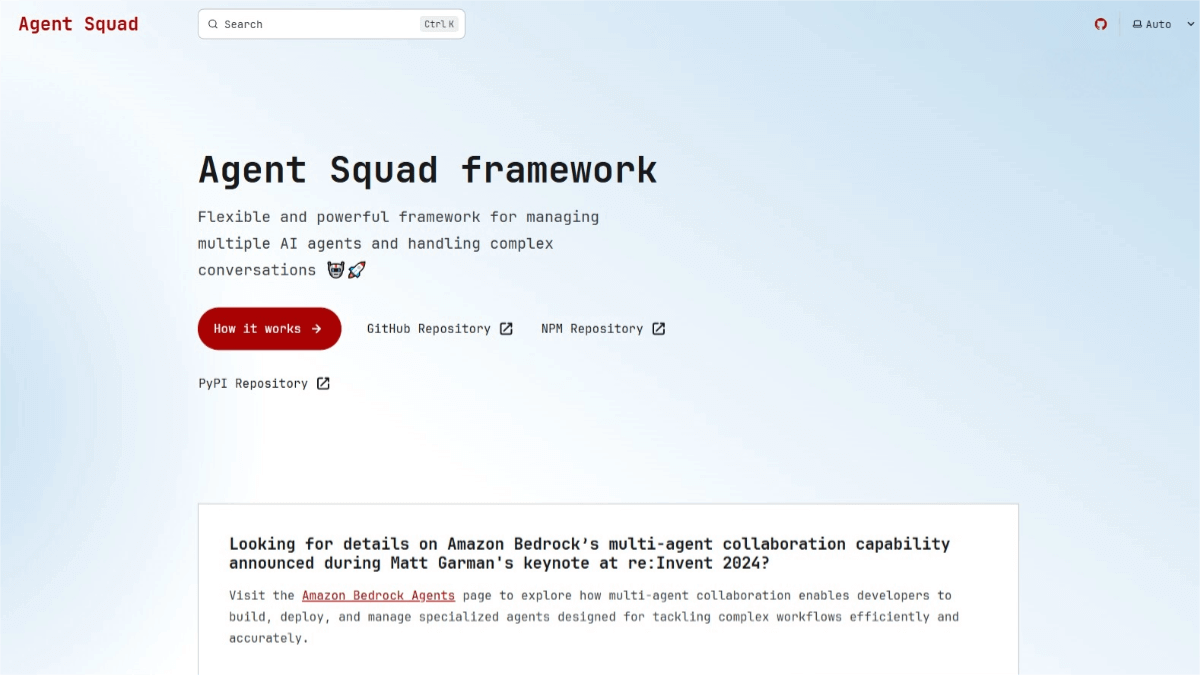
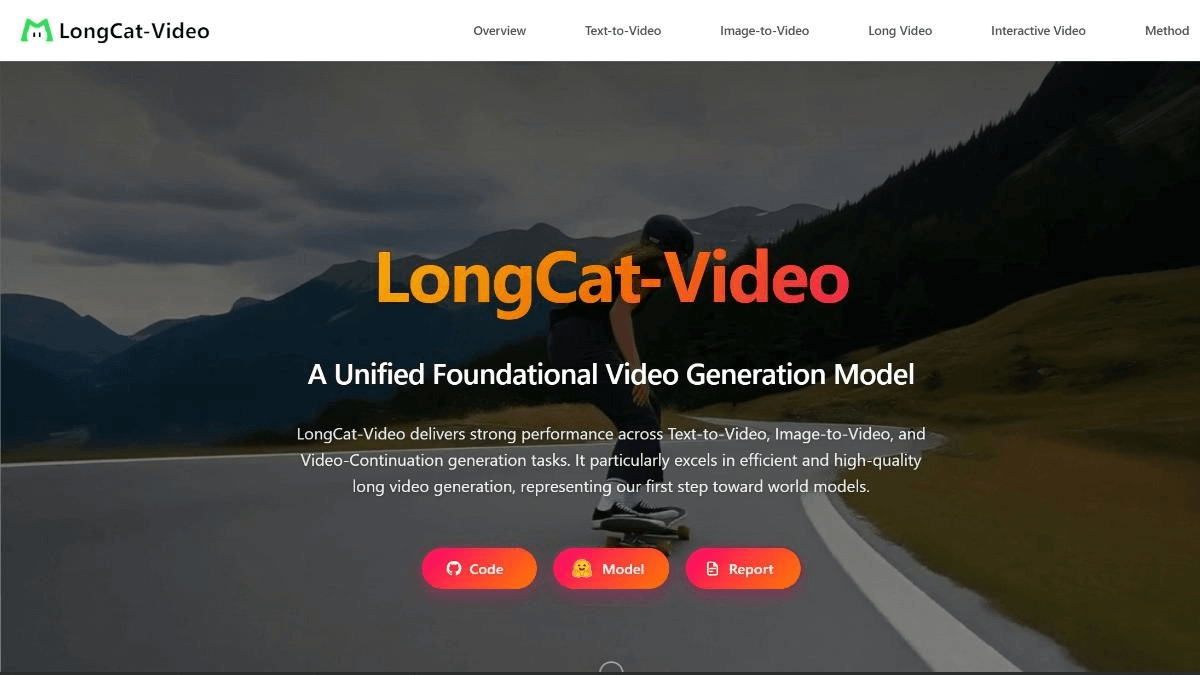
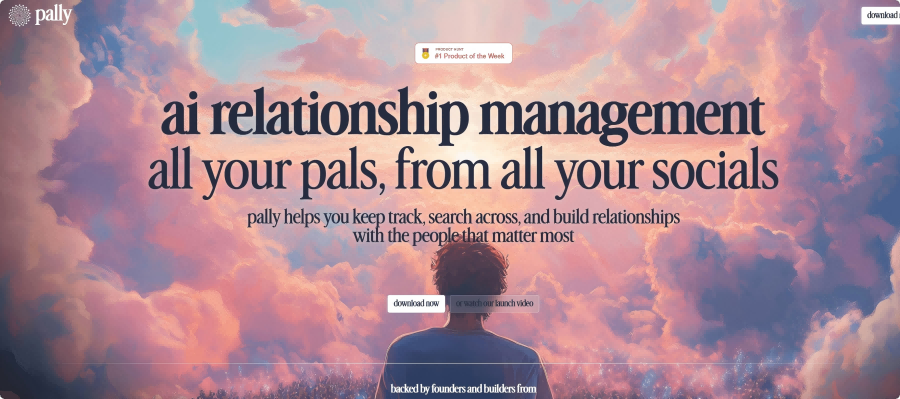
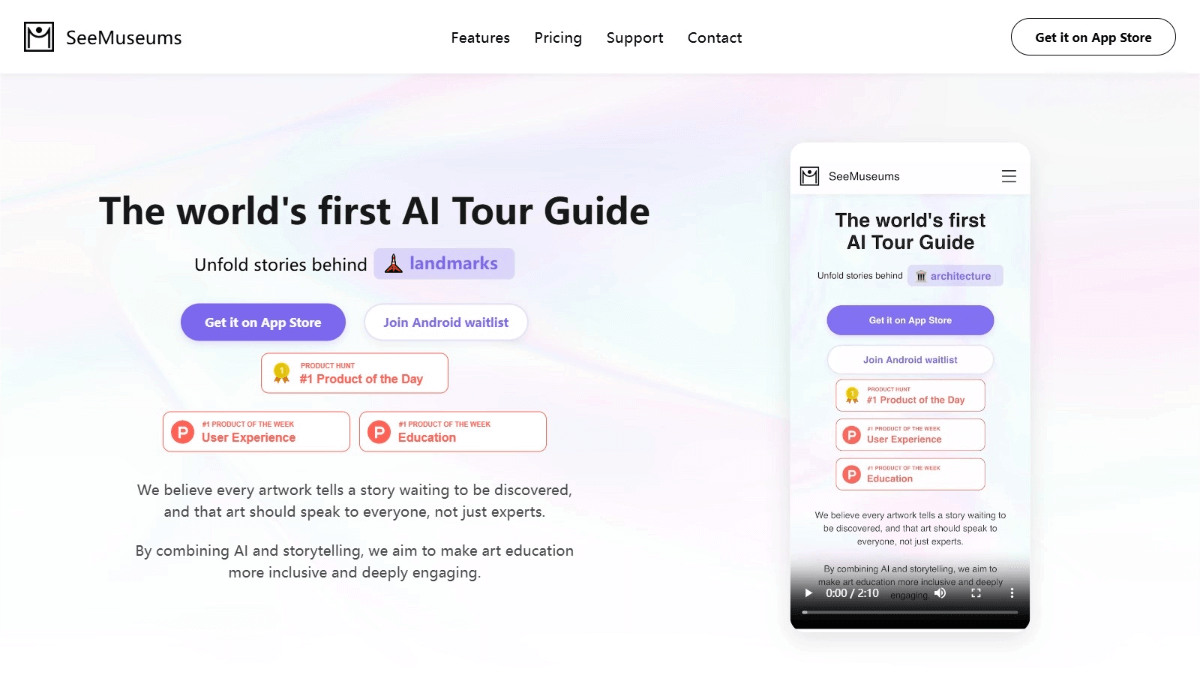
I very delighted to find this internet site on bing, just what I was searching for as well saved to fav